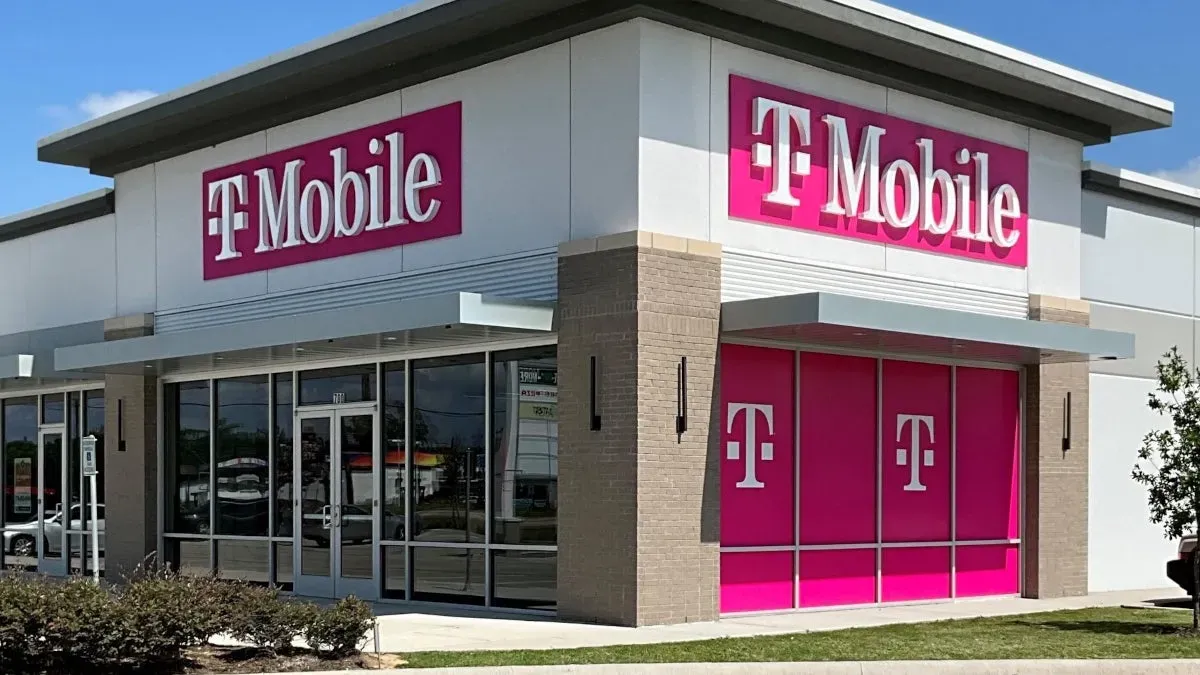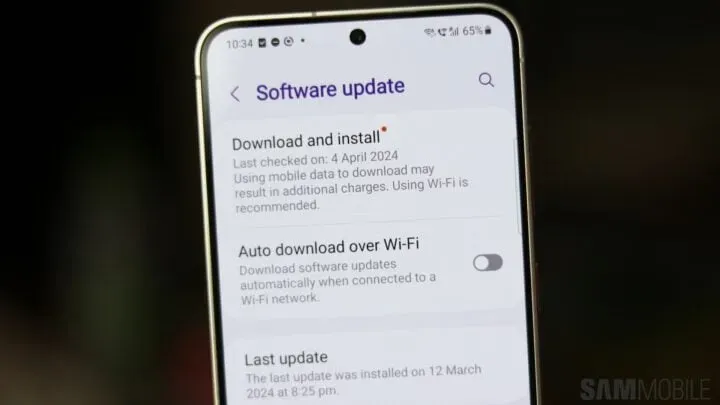The recent T-Mobile lawsuit involving minority store owners has brought to light serious concerns regarding the treatment of T-Mobile minority-owned stores. Accusations suggest that T-Mobile, in collaboration with Arch Telecom, conspired to close these vital community retail locations without adequate compensation, jeopardizing the livelihoods of minority store owners. The case, which has drawn attention for its implications on T-Mobile store owners’ rights, highlights the legal struggles faced by minority entrepreneurs in the retail sector. As the lawsuit unfolds, the controversy surrounding T-Mobile retail closures raises questions about corporate ethics and accountability. With T-Mobile attempting to keep critical information hidden, including a key letter related to their practices, the legal case continues to capture public interest and scrutiny in the realm of minority business rights.
The ongoing legal battle surrounding the treatment of minority retail proprietors by T-Mobile has sparked significant debate in the business community. This situation involves allegations that the telecommunications giant has unjustly partnered with Arch Telecom to undermine minority-owned T-Mobile franchises. As the case progresses, it sheds light on the broader issue of equity within franchise operations, particularly for minority franchisees facing potential closures and financial ruin. The implications of this legal controversy extend beyond the individual store owners, raising vital questions about fairness and transparency in corporate practices. By examining the dynamics of this case, we can better understand the challenges minority entrepreneurs face in the competitive landscape of retail.
Understanding the T-Mobile Lawsuit Involving Minority Store Owners
The T-Mobile lawsuit concerning minority store owners has gained significant attention due to its implications for small businesses and community representation. At the heart of the case is the allegation that T-Mobile collaborated with Arch Telecom to unfairly close minority-owned stores, many of which serve crucial local populations. By examining the details surrounding the case, we can better understand the systemic challenges faced by minority entrepreneurs in the retail space, and the potential impact of corporate practices on their livelihoods.
The complaint filed in the New York State Supreme Court highlights how T-Mobile’s control over the operations of these third-party retailers can lead to detrimental outcomes for minority store owners. The plaintiffs argue that they were coerced into selling their stores to Arch Telecom under duress, a situation exacerbated by T-Mobile’s alleged lack of transparency regarding store closures and business operations. This lawsuit not only addresses the rights of T-Mobile store owners but also raises broader questions about corporate responsibility and ethical business practices.
The Arch Telecom Lawsuit: Implications for Minority-Owned Businesses
The Arch Telecom lawsuit has profound implications for minority-owned businesses operating under large corporate umbrellas. Minority store owners have expressed concerns that the practices employed by T-Mobile and Arch Telecom reflect a troubling trend in retail, where smaller operators are systematically pushed out of the market. This case serves as a warning to other minority-owned businesses about the potential risks of partnerships with larger corporations that may prioritize profits over fair dealings.
Moreover, the lawsuit emphasizes the importance of protecting minority store owners’ rights. Many of these entrepreneurs invested their savings and efforts into building businesses that serve their communities. The allegations that T-Mobile and Arch Telecom conspired to close these stores without fair compensation highlight the need for more robust legal protections and advocacy for minority business owners. As the case progresses, it may pave the way for new policies aimed at safeguarding the rights of those who contribute to the diversity and vibrancy of local economies.
T-Mobile Retail Closures and Their Impact on Communities
T-Mobile’s retail closures, particularly those affecting minority-owned stores, can have significant repercussions on local communities. These closures not only disrupt the livelihood of store owners but also limit access to essential services for residents. Minority-owned stores often provide personalized customer service and cater to specific community needs, which large corporate chains may overlook. When these businesses close, it can lead to a loss of community trust and support.
Furthermore, the fallout from T-Mobile’s retail closures could also result in economic instability for the areas affected. Small businesses play a critical role in local economies by creating jobs and fostering entrepreneurship. The forced closure of minority-owned T-Mobile stores, as alleged in the lawsuit, raises concerns about the long-term sustainability of these neighborhoods. Community leaders and advocates are now calling for more transparency and accountability from corporations like T-Mobile to ensure that the interests of local businesses and residents are protected.
T-Mobile Store Owners’ Rights: A Legal Perspective
The rights of T-Mobile store owners are central to the ongoing legal battle, as the plaintiffs seek justice for what they claim to be unfair treatment by T-Mobile and Arch Telecom. Understanding these rights is essential for both current and prospective store owners operating under similar agreements. The case highlights the need for clear contractual obligations and the importance of due process in the relationships between large corporations and their franchisees.
Legal experts have pointed out that this case could set a precedent for how franchise agreements are structured in the future. If the court rules in favor of the plaintiffs, it may encourage other minority store owners to stand up against perceived injustices, thereby fostering a more equitable business environment. It is crucial that minority store owners are aware of their rights and the legal avenues available to them when facing corporate challenges, as this knowledge can empower them to advocate for their interests.
The Role of Transparency in Corporate Practices
Transparency in corporate practices is vital for maintaining trust between companies and their stakeholders, particularly in cases like the T-Mobile lawsuit involving minority store owners. T-Mobile’s attempt to keep a crucial letter from the public eye raises concerns about the company’s commitment to transparency. Stakeholders, including store owners, customers, and community members, are entitled to know how corporate decisions affect their livelihoods and communities.
In the context of the lawsuit, the importance of transparency cannot be overstated. The plaintiffs argue that T-Mobile’s concealment of information undermines their case and illustrates a broader pattern of corporate behavior that prioritizes profit over ethical conduct. Advocates for transparency argue that companies should be held accountable for their actions, especially when those actions have the potential to harm vulnerable populations like minority business owners.
Legal Ramifications of the T-Mobile Case
The legal ramifications of the T-Mobile case extend far beyond the immediate parties involved. The outcome could influence future cases involving minority-owned businesses and their dealings with large corporations. If the court sides with the plaintiffs, it could pave the way for more rigorous scrutiny of corporate practices that disproportionately affect minority entrepreneurs. This case serves as a crucial touchpoint for discussions about equity, accountability, and corporate governance.
Moreover, the legal verdict may also lead to changes in how franchise agreements are formulated. The case emphasizes the need for clear guidelines and protections for minority store owners, ensuring they are not exploited or coerced into unfavorable business decisions. As the legal proceedings unfold, many are closely watching to see how the court interprets the rights of T-Mobile store owners in the face of corporate pressure.
Community Support for Minority Store Owners
The community’s support for minority store owners has been a rallying point in the T-Mobile lawsuit. Local residents and advocacy groups have come together to voice their concern over the potential impact of T-Mobile’s corporate decisions on their neighborhoods. This solidarity emphasizes the importance of small businesses in fostering community identity and economic resilience, and highlights the detrimental effects that corporate closures can have on local economies.
Community engagement plays a crucial role in amplifying the voices of minority store owners. As these entrepreneurs navigate the legal complexities of their situation, local support can provide them with the necessary encouragement and resources to fight for their rights. Events, petitions, and awareness campaigns have emerged to ensure that the plight of minority store owners does not go unnoticed, showcasing the power of community activism in the face of corporate challenges.
Potential Outcomes of the T-Mobile Lawsuit
The potential outcomes of the T-Mobile lawsuit could reshape the landscape for minority-owned businesses associated with major corporations. A ruling in favor of the plaintiffs may not only provide them with compensation but could also lead to changes in corporate practices across the industry. This case has the power to highlight the importance of fair treatment and equity for minority entrepreneurs, setting a standard for how corporations engage with their franchise partners.
Conversely, if T-Mobile prevails, it could reinforce the status quo, allowing large corporations to continue practices that may undermine the stability of minority-owned businesses. This outcome could deter other minority entrepreneurs from entering similar franchise agreements, fearing the risks associated with corporate partnerships. The consequences of this lawsuit are far-reaching, as they will likely influence how companies approach their relationships with minority store owners in the future.
Advocacy for Minority-Owned Businesses in Retail
Advocacy for minority-owned businesses in the retail sector has become increasingly important in light of the T-Mobile lawsuit. Organizations dedicated to supporting minority entrepreneurs are calling for policy reforms and greater protections to ensure that these businesses can thrive. The legal challenges faced by T-Mobile store owners underscore the need for a more equitable environment where small business owners are treated fairly and with respect.
Additionally, advocacy efforts often focus on educating minority entrepreneurs about their rights and available resources. By raising awareness of legal protections and support networks, advocates aim to empower minority store owners to stand up against corporate injustices. The T-Mobile lawsuit serves as a catalyst for broader discussions about equity in business practices and the importance of fostering a diverse and inclusive retail landscape.
Frequently Asked Questions
What is the T-Mobile lawsuit involving minority store owners about?
The T-Mobile lawsuit involving minority store owners centers on allegations that T-Mobile, in collaboration with Arch Telecom, unlawfully closed minority-owned T-Mobile retail locations without fair compensation, jeopardizing the livelihoods and investments of these store owners.
How does the Arch Telecom lawsuit affect T-Mobile minority-owned stores?
The Arch Telecom lawsuit significantly impacts T-Mobile minority-owned stores by accusing T-Mobile of conspiring to take control of these businesses through coercive tactics, leading to the closure of stores without appropriate compensation for the owners.
What rights do T-Mobile store owners have in the current legal case?
T-Mobile store owners have the right to seek fair compensation and legal recourse in the ongoing lawsuit, asserting that T-Mobile and Arch Telecom violated their rights by closing stores and forcing owners to sell under duress.
What are the implications of T-Mobile retail closures on minority store owners?
The implications of T-Mobile retail closures on minority store owners include loss of income, investment forfeiture, and potential displacement from their businesses, raising concerns about the treatment of minority-owned enterprises within the telecommunications industry.
Why is T-Mobile trying to keep a letter hidden in the lawsuit with minority store owners?
T-Mobile is attempting to keep a letter hidden in the lawsuit with minority store owners because it allegedly contains information that could severely undermine their defense in the case, revealing insights into their dealings with Arch Telecom regarding store closures.
What can minority store owners do about the T-Mobile legal case?
Minority store owners affected by the T-Mobile legal case can engage legal representation, participate in the lawsuit as plaintiffs, and advocate for their rights to compensation and fair treatment in the retail environment.
Where is the T-Mobile lawsuit regarding minority store owners being heard?
The T-Mobile lawsuit regarding minority store owners is being heard in the New York State Supreme Court in Nassau County under the case designation 170 East v. T-Mobile, Case No. 610050-23.
What allegations are made against T-Mobile in the lawsuit concerning minority-owned stores?
The allegations against T-Mobile in the lawsuit concerning minority-owned stores include collusion with Arch Telecom to terminate minority store leases and force owners to sell their businesses without adequate compensation.
What does the T-Mobile case reveal about the treatment of minority-owned retail businesses?
The T-Mobile case reveals significant concerns regarding the treatment of minority-owned retail businesses, highlighting potential exploitation and unfair practices by larger corporate entities in the telecommunications sector.
| Key Points |
|---|
| T-Mobile is accused of conspiring with Arch Telecom to close minority-owned stores. |
| The lawsuit claims this action deprives minority owners of their livelihoods. |
| A letter from T-Mobile’s director to Arch Telecom is being kept hidden, potentially revealing damaging information. |
| Plaintiffs argue that T-Mobile is trying to conceal public information related to the case. |
| The case is being heard in New York State Supreme Court as 170 East v. T-Mobile. |
| Minority store owners felt pressured to sell their stores to Arch at a significant discount due to imminent closure. |
Summary
The T-Mobile lawsuit involving minority store owners highlights serious allegations of corporate misconduct. T-Mobile is currently under scrutiny for its actions against minority TPR store owners, who claim the company conspired with Arch Telecom to unlawfully close their businesses. The case raises significant concerns about the treatment of minority-owned enterprises and the ethical responsibilities of large corporations. As the lawsuit unfolds, the implications for T-Mobile and its relationships with minority partners remain to be seen, marking a critical moment in corporate accountability.










